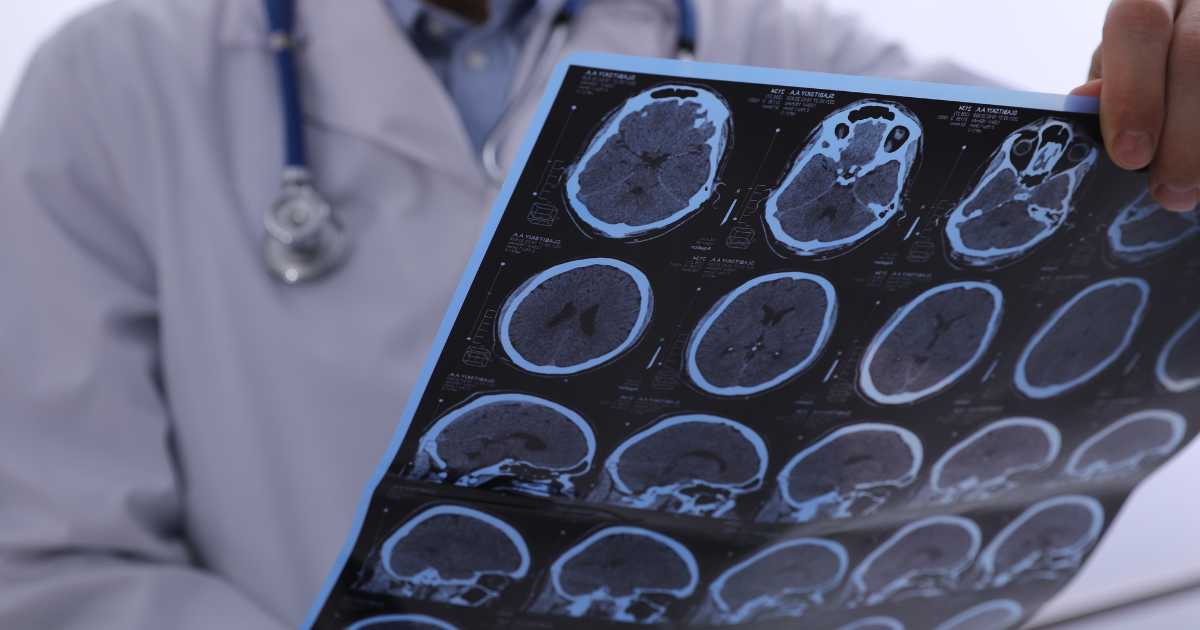A new study conducted at the University of Cambridge unveils the potentially enduring repercussions of seemingly mild concussions, underscoring the necessity for specialised medical insight for medico-legal teams.
The research showed that a substantial number of individuals with mild traumatic brain injuries (mTBI) could experience significant changes in their brain’s communication networks, manifesting in long-lasting symptoms like cognitive impairment and fatigue.
Persistent Symptoms and the Myth of Full Recovery
ften underestimated due to their ‘mild’ label, concussions can lead to chronic symptoms that hinder complete recovery, such as persistent headaches, cognitive deficits, depression, and fatigue. This study shows that only half of the patients recover fully from a concussion within six months, which is in contrast to the widely held belief that nine out of ten people do so. This discrepancy implies that many patients might not be receiving the necessary post-concussion care.
For legal practitioners representing individuals suffering from post-concussive symptoms, understanding the far-reaching impacts of even mild brain injuries is essential. This recognition can significantly influence the legal strategy, ensuring that clients receive fair compensation to aid their recovery and manage persistent symptoms.
At present, conventional diagnostic procedures for suspected concussions involve CT or MRI scans to identify any structural abnormalities, such as bruising or inflammation. However, the persistence of symptoms despite no apparent structural damage presents a conundrum.
Dr Emmanuel Stamatakis, the study lead from the University of Cambridge, noted the challenge of predicting recovery times, leading to prognoses that could be overly optimistic or imprecise:
“Worldwide, we’re seeing an increase in the number of cases of mild traumatic brain injury, particularly from falls in our ageing population and rising numbers of road traffic collisions in low- and middle-income countries.
At present, we have no clear way of working out which of these patients will have a speedy recovery and which will take longer, and the combination of over-optimistic and imprecise prognoses means that some patients risk not receiving adequate care for their symptoms.”
Dr Stamatakis and his team embarked on a ground-breaking investigation, comparing functional MRI (fMRI) scans from patients with mTBI to those of volunteers without a brain injury. The results, published in the academic journal Brain, were startling: nearly half of the patients were still dealing with the aftermath of their brain injury, with headaches, persistent fatigue, and concentration problems being the most common symptoms.
Interestingly, these patients showed more activity in the thalamus, the brain’s central relay station for sensory information. This area of the brain showed increased communication with other parts after a concussion, which, surprisingly, was associated with a worse outlook for recovery.
Rebecca Woodrow, of the Department of Clinical Neuroscience, Cambridge, said:
“Despite there being no obvious structural damage to the brain in routine scans, we saw clear evidence that the thalamus – the brain’s relay system – was hyperconnected. We might interpret this as the thalamus trying to over-compensate for any anticipated damage, and this appears to be at the root of some of the long-lasting symptoms that patients experience.”
This research unravels the intricate neurological consequences of mild concussions, which often remain hidden in standard brain scans. These findings could revolutionise the prediction of patient prognoses and also usher in targeted symptom-specific treatments.
The Crucial Role of Medical Expertise in mild brain injury cases
Within the medico-legal sector, these findings emphasise the vital role of expert medical witnesses like the team at NRC Medical Experts. Legal teams need access to sophisticated medical understanding to effectively advocate for their clients. A comprehensive understanding of the potential long-term impacts of concussion can influence legal proceedings, leading to improved client outcomes.
If you are a legal professional seeking expert medical insight for a client with a brain injury, NRC Medical Experts can provide the specialised support you need.
Contact us today to learn more about how we can help you, or search our Directory to find a medical expert witness specialising in brain injury.
Read the research in full
Woodrow, RE et al. Acute thalamic connectivity precedes chronic postconcussive symptoms in mild traumatic brain injury. Brain; 26 April 2023; DOI: 10.1093/brain/awad056

